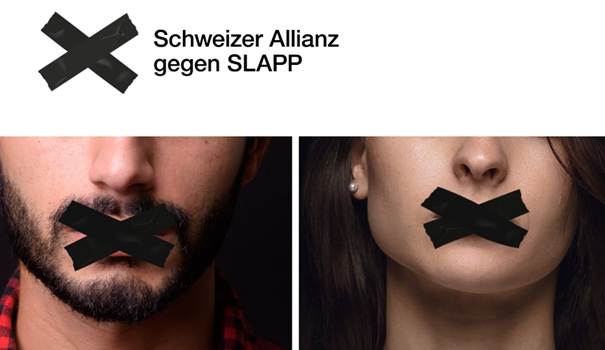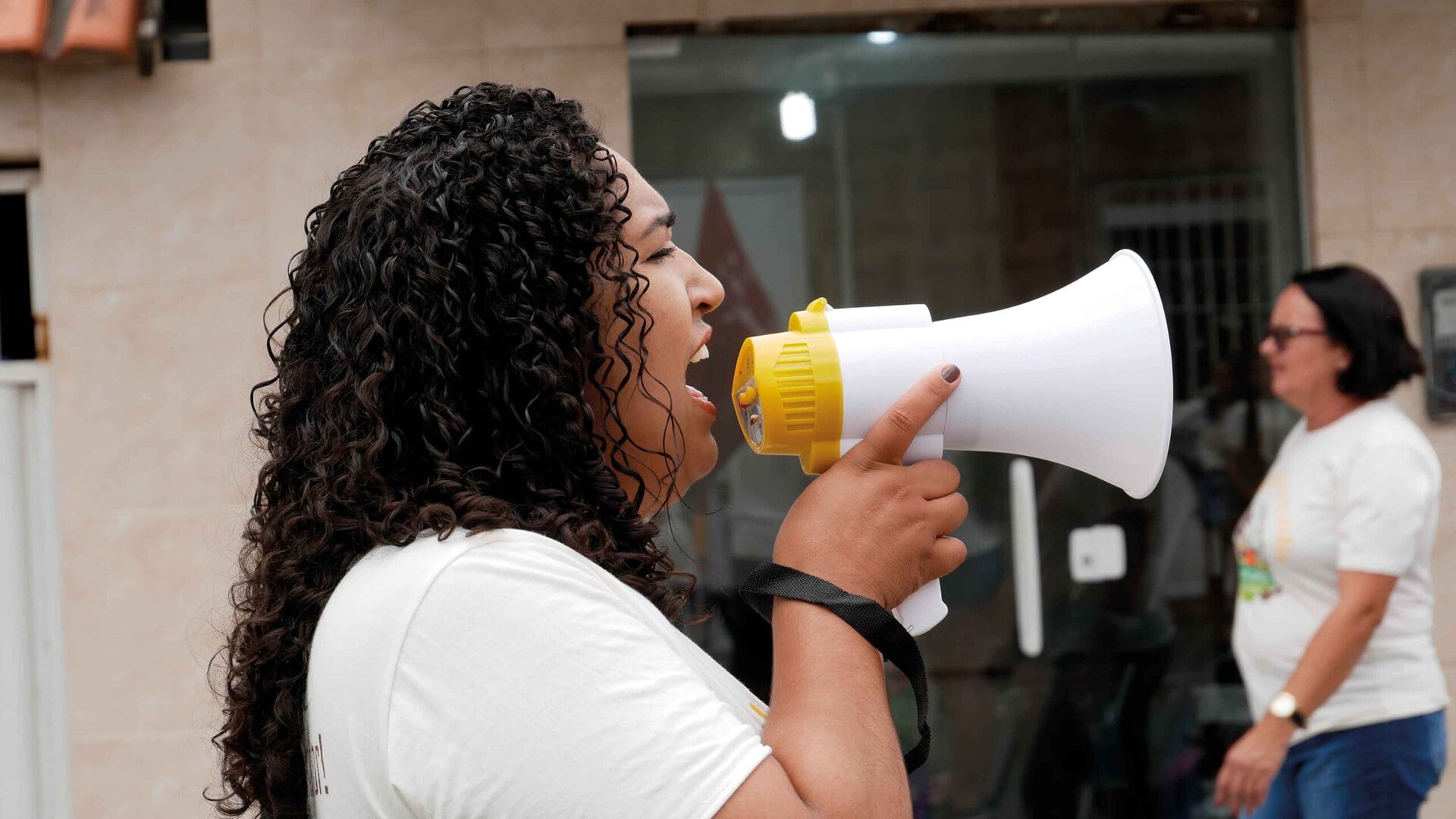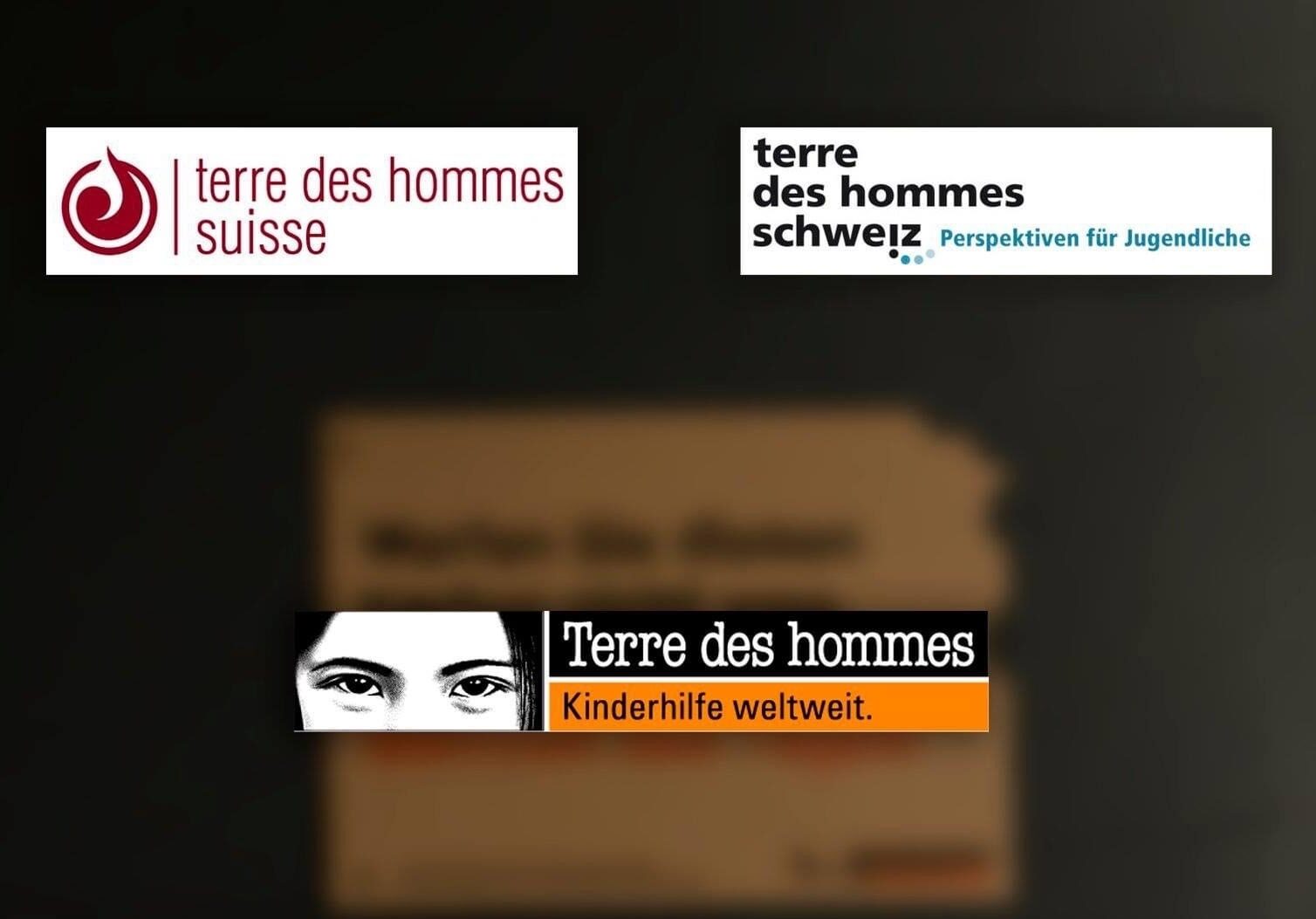In Switzerland, too, there is an increasing number of intimidation actions and threats of legal action against non-governmental organizations. These so-called SLAPPs are intended to prevent unwelcome reports and intimidate civil society. An alliance would like to inform the Swiss public about SLAPP practices and campaign for better legislation to stop them at an early stage.
Democracies are under pressure worldwide. Autocratic heads of state enact restrictive laws that only serve to maintain their own power and take rigorous action against critics. Communities that oppose harmful environmental pollution, campaign for fair working conditions or publicize grievances are threatened and subjected to violence. People who peacefully demand more freedom and social change are imprisoned. The list of repression suffered by young people in our project countries is long and the means are varied.
Lawsuits as leverage against NGOs
An increasingly popular way of silencing civil society is through intimidation lawsuits, SLAPPs (strategic lawsuits against public participation). Media professionals have long been familiar with them, but now these strategic lawsuits against civil society participation are increasingly being used against non-governmental organizations (NGOs). This is also the case in Switzerland, where they are practised by corporations or very wealthy individuals such as oligarchs. Lawsuits or threats of lawsuits are used to prevent NGOs from uncovering grievances and publishing critical reports. terre des hommes schweiz has also received disturbing mail. When we publicized that the Zug-based company EuroChem exported phosphate from occupied Western Sahara to Estonia to a company-owned plant in 2021, we were asked to retract the article. The company has since gained notoriety, as its owner at the time, Andrey Melnichenko, is one of the Russian citizens sanctioned in the EU and Switzerland in the wake of the war in Ukraine.
Also increasingly common in Switzerland
A survey conducted by HEKS/EPER in 2022 among various NGOs showed that lawsuits and threats of lawsuits have also increased massively in Switzerland in recent years. While only two threats of legal action were registered between 2000 and 2010, the non-governmental organizations surveyed have been confronted with 17 threats of legal action since 2010. Around a dozen lawsuits have also been filed since 2018
Corporations have endless financial resources, hire expensive lawyers and PR offices and can afford lawsuits that drag on for years. For NGOs, such lawsuits – or even the threat of a lawsuit – mean a great deal of effort, even if the published facts are true. Comprehensive statements of claim have to be answered, followed by even longer replies, which also have to be responded to.
Danger of self-censorship
Threats of legal action or the knowledge that SLAPPs are increasingly to be expected can have a self-censoring “chilling effect” (deterrent effect) on the organizations in advance of publications. Statements may be toned down to provide less of a target, or publications may be delayed until they have lost their relevance. Corporations and wealthy individuals use SLAPPS to systematically try to suppress the exposure of grievances and critical reporting. This not only has consequences for the organizations concerned in Switzerland, but also for their partners in the Global South. Environmental and human rights violations are no longer made public and they themselves are at risk as sources of information, especially in countries with little legal certainty. Last but not least, it is also in the interest of the Swiss public and that of the countries concerned that abuses are made public.
Broad alliance of civil society
Swiss NGOs are now responding to the increase in SLAPPs by founding the Swiss Alliance against SLAPPs. Numerous organizations from Swiss civil society want to work together against a further increase in SLAPPs, including Public Eye, the Bruno Manser Fund, HEKS, Helvetas, Greenpeace Switzerland, MultiWatch, the Society for Threatened Peoples, terre des hommes schweiz, Solidar Suisse, SWISSAID and TRIAL International. Impressum, the professional association of Swiss media professionals, is also a member of the alliance.
The alliance exchanges experiences, provides internal training, members support each other in cases, raise awareness of SLAPP and campaign for better legislation. For example, it should become easier and more common in future to defend against intimidation claims at an early stage.



